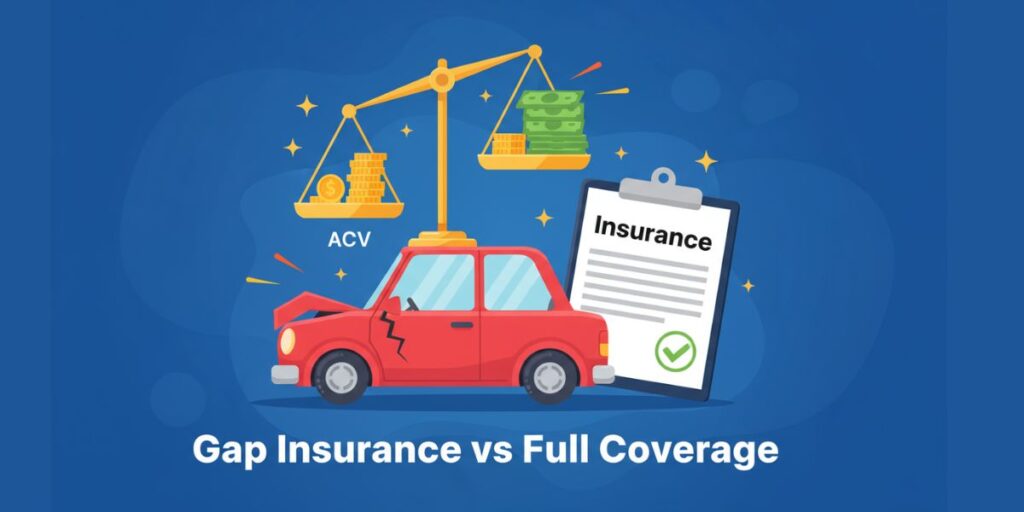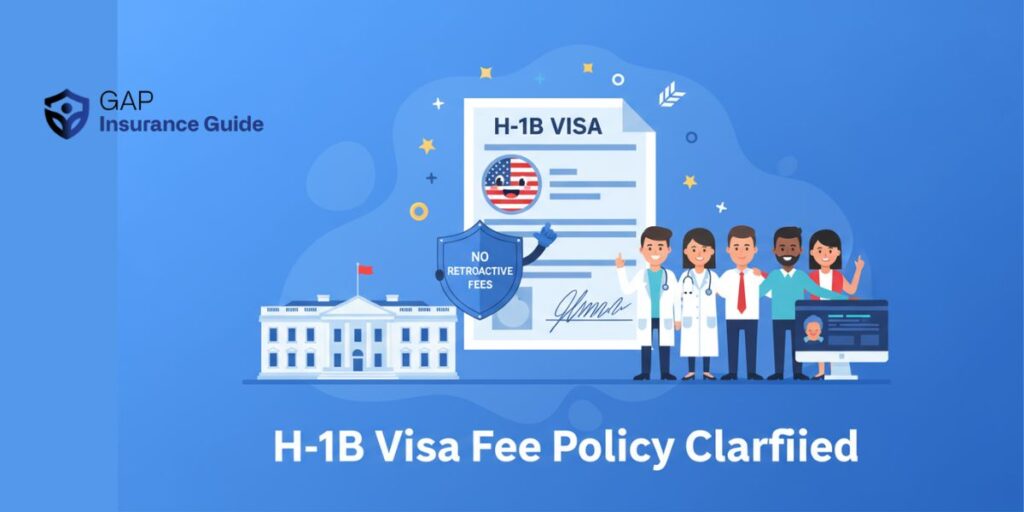Insurance prices vary widely, so it pays to compare. Get at least three quotes — from agents who work directly with one company, independent brokers who sell multiple brands, and insurers who sell directly through apps or websites. Ask friends and family for recommendations, and research consumer complaint records through your state insurance department.
Remember: the lowest premium isn’t always the best deal. A reliable company with good service can save you stress when you need to file a claim.
Compare Insurance Costs Before Buying a Car
The type of car you drive affects how much you’ll pay. Premiums are based partly on a vehicle’s price, repair costs, safety record, and theft risk. Some models with high safety ratings or anti-theft features qualify for discounts. If you’re shopping for a car, use resources like the Insurance Institute for Highway Safety’s Top Safety Pick tool to compare insurance costs before making a decision.
Raise Your Deductible
Opting for a higher deductible — the amount you pay out of pocket before insurance kicks in — can significantly reduce your monthly premium. Just make sure you can cover that amount if an accident happens.
Drop Extra Coverage on Older Cars
Collision and comprehensive coverage may not be cost effective for older cars. A common rule: if your car is worth less than 10 times your annual premium, you may not need these coverages. Check your vehicle’s value on Kelley Blue Book, NADA, or TrueCar before deciding.
Bundle Your Policies or Stay Loyal
Insurers often reward customers who buy multiple policies, such as auto and home, from the same company. Multi-vehicle households can also save by insuring all cars under one policy. Some companies offer loyalty discounts to longtime customers, but it’s still smart to compare bundled pricing with separate policies.
Maintain a Strong Credit History
Your credit score doesn’t just affect loans — it can influence car insurance premiums too. Insurers see good credit as a sign of financial responsibility and fewer claims. Review your credit report regularly to make sure the information is accurate and up to date.
Take Advantage of Low-Mileage Discounts
If you drive less than the average person, you may qualify for low-mileage discounts. Some insurers also reward carpooling or commuting fewer miles. Ask your insurer if they offer pay-per-mile or usage-based policies.
Look Into Group Insurance Plans
Check whether your employer, alumni association, or professional group offers group car insurance plans. These partnerships often provide members with discounted rates.
Ask About Additional Discounts
Many insurers offer extra savings for:
- Accident-free or violation-free driving records
- Completing a defensive driving course
- Having a student driver with good grades
- Keeping a young driver on your policy while they attend college without a car
Always ask your insurer which discounts you qualify for. Just keep in mind: the real goal is the lowest overall premium, not just the most discounts.
Disclaimer: The content published on Gap Insurance Guide is intended for general information and educational purposes only. We cover topics related to insurance, banking, finance, and trading, but none of the material should be considered financial, legal, or investment advice. While we aim to provide accurate and up-to-date information, we make no guarantees about completeness, reliability, or accuracy. Any actions you take based on our content are strictly at your own risk, and Gap Insurance Guide will not be liable for any losses or damages. We strongly recommend consulting a licensed financial advisor, insurance expert, or other qualified professional before making decisions. Articles may include links to third-party websites, and we are not responsible for their content or practices.
I’m Abhilash, a finance and business content writer passionate about simplifying money matters. I share practical insights on finance, business growth, and insurance to help readers make informed decisions. Through my blogs and articles, I aim to provide clear, reliable, and actionable advice for smarter financial planning and success.


